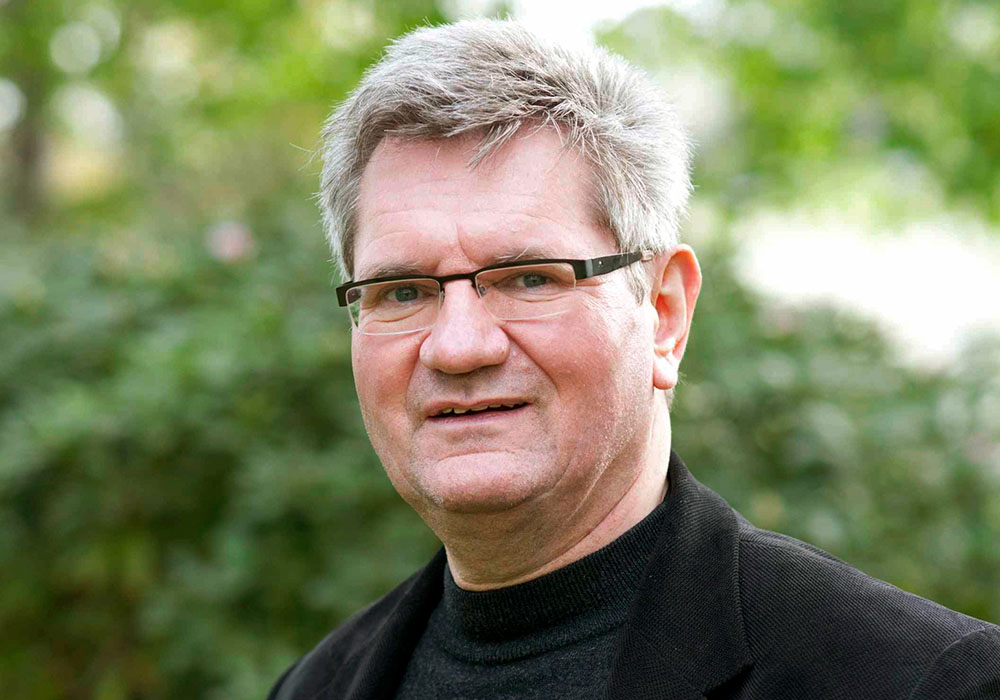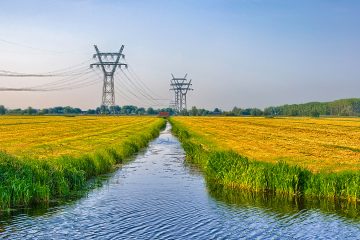European academies of science present SAPEA report on carbon capture and utilisation (CCU)

Brussels, 23 May 2018
How can we utilise carbon dioxide so that it is not released into the atmosphere? This is the question addressed by SAPEA in the second Evidence Review Report, which was published on 23 May. The report calls for carbon capture and utilisation (CCU) technologies to be included in a holistic strategy for combatting climate change.
Carbon capture and utilisation (CCU) could provide a valuable means of reducing CO2 emissions in order to combat climate change. However, the topic receives little attention in long-term climate protection strategies. SAPEA (Science Advice for Policy by European Academies) has carried out an in-depth investigation of CCU technology. The working group of European academies was co-chaired by Robert Schlögl (acatech, Fritz Haber Institute, Germany, and Max Planck Institute for Chemical Energy Conversion, Mülheim a.d. Ruhr) and Marco Mazzotti (ETH Zurich, Switzerland).
The scientists involved in the project call for CCU technologies to be considered in all the measures, regulations and incentives relating to the energy system. Moreover, this should be done in a holistic, integrated, coordinated and transparent manner. However, in order for CCU to be deployed affordably and at scale, further development of the technology will be required in areas such as the collection and purification of CO2 from different sources and its conversion into fuels and chemicals.
The SAPEA Evidence Review Report informed the Scientific Opinion of the European Commission’s Group of Chief Scientific Advisors, chaired by Rolf Heuer, former Director General of the European Organization for Nuclear Research (CERN). The Scientific Opinion, published to coincide with the Third Mission Innovation Ministerial Meeting in Sweden, was in response to a request from EU Climate Action and Energy Commissioner Miguel Arias Cañete.
Speaking at the launch of the SAPEA Evidence Review Report, Chair of the SAPEA Board Bernard Charpentier said: “SAPEA is delighted to present its second Evidence Review Report. This report is the result of hard work and commitment from our working group, who have shown dedication to explaining what current knowledge can tell us about potential future developments in the field of CO2 management, energy and climate action. This topic is another example of successful collaboration with the Group of Chief Scientific Advisors and we are pleased to have had the opportunity to contribute to policy making in this important area.”
About SAPEA
The EU project SAPEA (Science Advice for Policy by European Academies) brings together the expertise of more than 100 academies across Europe, each with hundreds of members of their own, that are organised in the five European Academy Networks: Academia Europaea, ALLEA, EASAC, Euro-CASE and FEAM. The academies work within the European Commission’s Scientific Advice Mechanism (SAM), which aims to provide independent scientific advice for EU policymaking. The project also seeks to strengthen European and transdisciplinary cooperation between academies from more than 40 European countries. The SAPEA project is coordinated by acatech.
Further Information
SAPEA press release
Press release EU Commission
SAPEA evidence report
SAM Stellungnahme
EU project SAPEA



